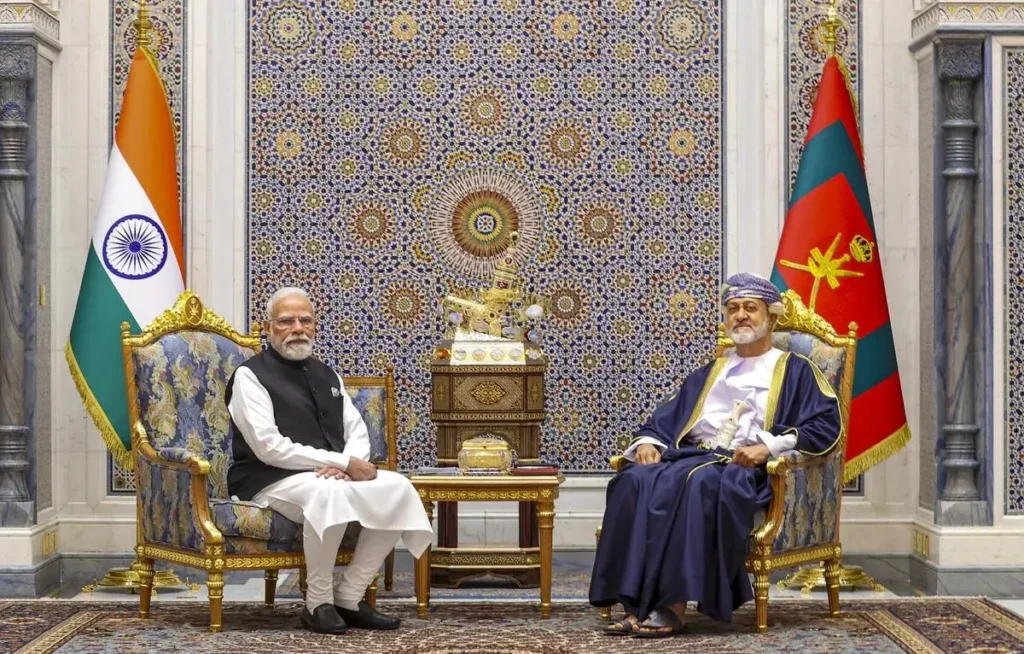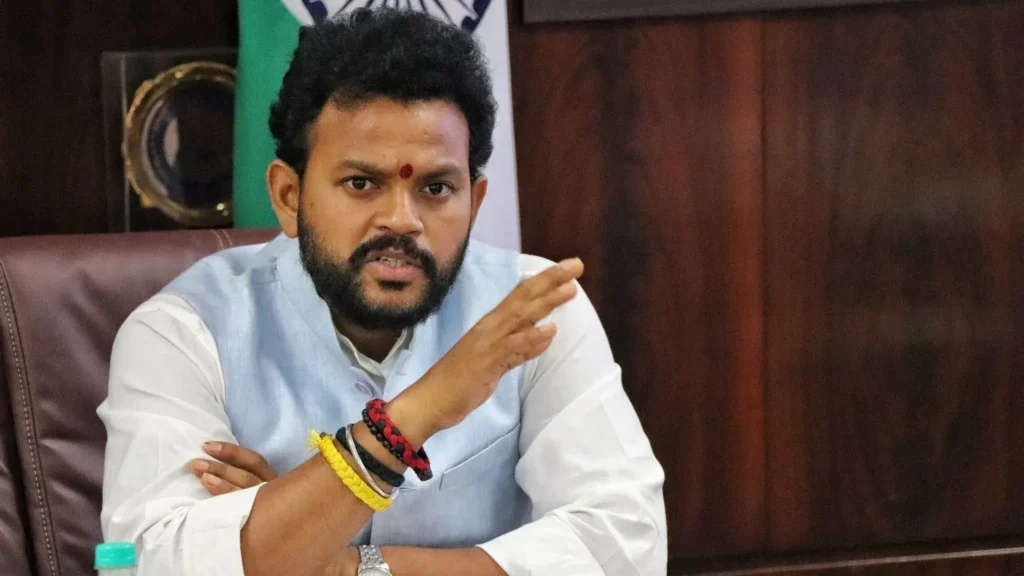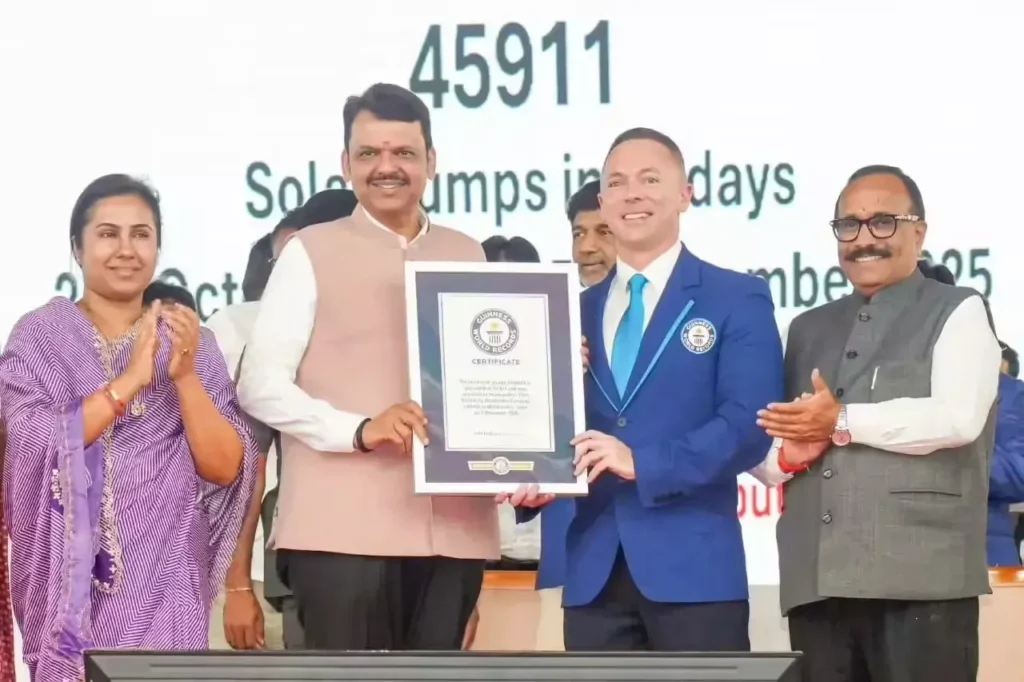No immediate threat to Aravalli ecology; over 90% of region remains protected, says government
The central government has asserted that the ecological integrity of the Aravalli range is not under any immediate threat, stating that more than 90% of the region continues to remain under protection. The Ministry of Environment, Forest and Climate Change said sustained afforestation efforts, eco-sensitive zone declarations, and stringent oversight of mining and urban development are helping preserve the Aravallis as a vital ecological barrier and natural heritage. Union Environment Minister Bhupendra Yadav clarified that recent concerns around the Supreme Court’s 100-metre ruling on the Aravalli hills are based on misinterpretation. Addressing the media, he appealed to the public to refrain from spreading misinformation related to the fragile mountain range. The minister explained that the Aravalli range spans approximately 1.47 lakh square kilometres across Delhi, Haryana, Rajasthan, and Gujarat. Of this vast area, mining activities are permitted in only about 0.19%. He further emphasised that, in line with the Supreme Court’s directions, nearly 90% of the Aravalli region falls under protected status, with no relaxations granted. Highlighting Delhi’s status, Mr Yadav reiterated that mining is completely prohibited in the Aravalli hills within the national capital. He also noted that the Supreme Court has recently accepted the recommendations of a committee formed by the environment ministry, which redefined the Aravalli hill ranges. Under this definition, landforms with a height of less than 100 metres will no longer be classified as part of the ancient Aravalli system. The government maintained that these measures strike a balance between conservation and regulation, ensuring long-term ecological stability of the Aravallis. Source: newsonair










